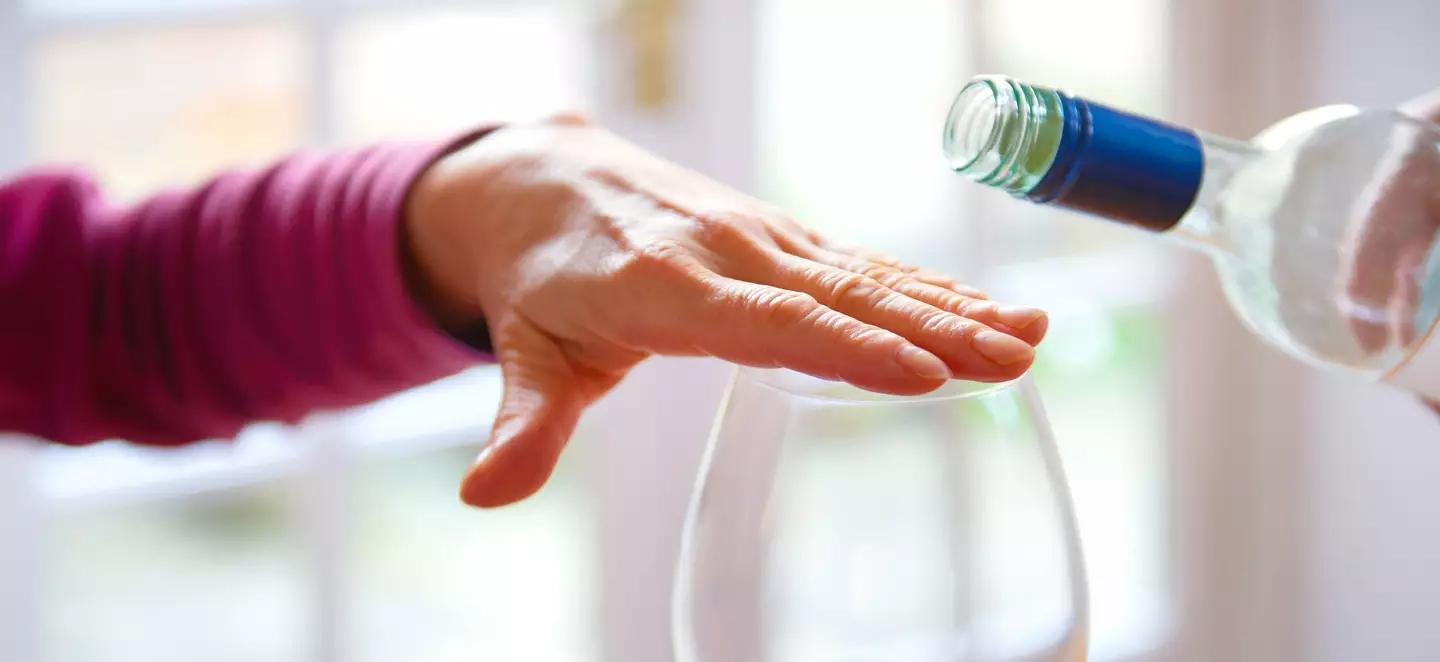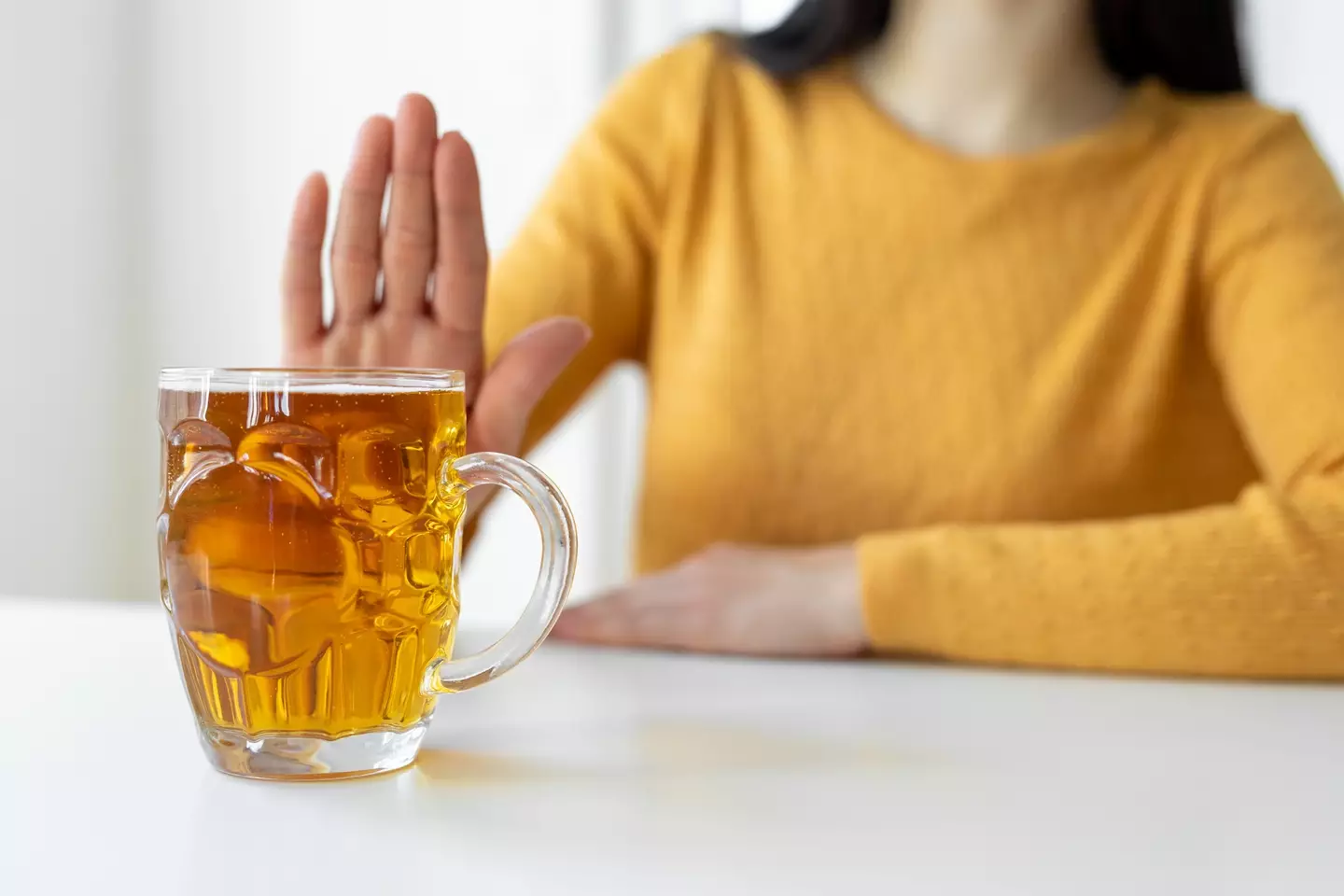.jpg%3Fcrop%3D2121%2C1193%2Cx0%2Cy0)
People give up alcohol for all kinds of reasons, whether its for their health, to participate in Dry January, or because they’d had an epiphany that they simply don’t get much from it.
A report from early 2023 found that as many as 9 million people in the UK planned to participate in the following Dry January; a sizeable chunk of the adult population. We might be long-past January in 2025, but it’s clear there’s a broad appetite for reining-in the drinking.
For those on the heavier side of things, giving up drinking can have some short-term consequences that you had best be prepared for, especially if you want to see out your sobriety break in full.

Advert
So, how does your body react when you stop drinking regularly?
The Priory Group, a leading mental healthcare provider, has detailed the side effects – good and bad, big and small – that you should expect when quitting booze.
Within the first 24 hours, you might experience anxiety, sweating or headaches. Typical hangover fare if you’ve had a heavy night.
After 48-72 hours, those symptoms should subside. Within three days to a week, most people’s symptoms will fade entirely.
However, for those with severe alcohol dependency, the 12-72 hour range could feature a condition known as delirium tremens (DTs).
DTs are intense withdrawal symptoms that include hallucinations, high blood pressure, and disorientation. You may also shake and shiver uncontrollably whilst experienced DTs.
It’s not all nastiness that needs to be tolerated while the body adjusts, however. The Priory Group adds that after completing the first week, you should experience an improved sleeping pattern and could feel more creative.
This is because the alcohol will no longer be impeding your REM sleep phases, enabling you to recover more fully overnight, process memories and stresses more effectively, and feel fresher and sharper the next day.
You should also feel more energetic, feel more confident in your decision-making, and save money from your abstinence.
In week two, your stomach acid production should stabilise, meaning you’ll have a less sensitive gut.
After a fortnight of abstinence, the Priory Group says you may start to lose some weight from the reduced calorie intake – both beer and wine are highly calorific – and in week three your kidney health should have improved.
Your risk of having a stroke will have decreased too.
The Priory Group’s article, medically-reviewed by Sarina Wheatman of the Federation of Drug and Alcohol Professionals, adds that your blood pressure should decrease during weeks three and four.
During week four, your skin should start looking clearer and will feel more hydrated.

By this stage your liver should have recovered in full, provided it hasn’t developed conditions such as cirrhosis or fatty liver disease, and it will be able to increase your energy levels, bolster the immune system, and regulate blood clotting.
It might be tough to ride out the first week or two, especially if your drinking is habitual or tied to particular events, like socialising, but the benefits are manifold.
If you’d like advice on your alcohol intake, stepping back, and abstaining, DrinkAware is packed with useful information and there’s a chat service if you’d like to speak with an impartial and confidential professional.
